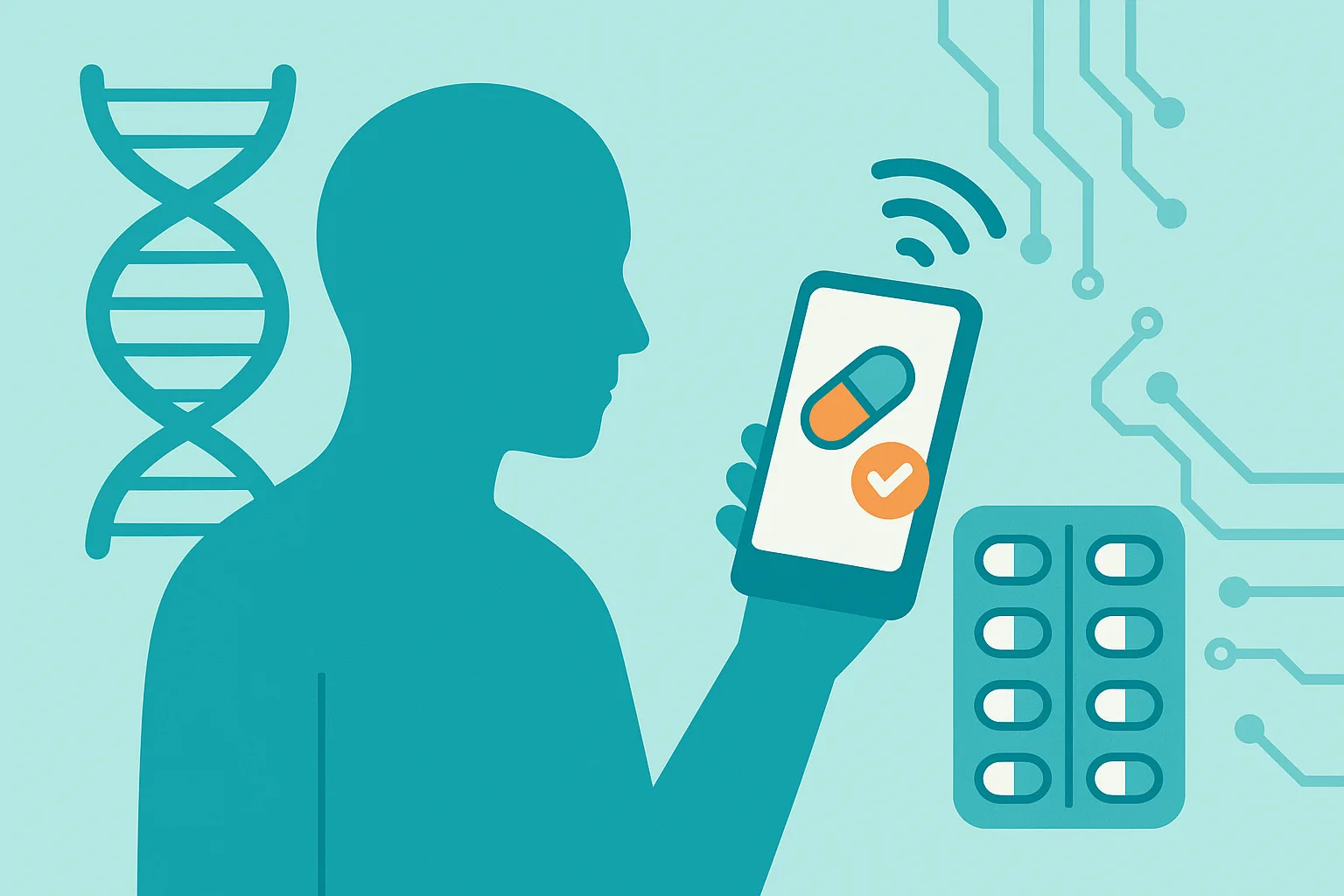Medication Adherence in Oncology: Specific Needs and Digital Strategies
In cancer treatment, taking medication as prescribed is essential for success. As oncology care evolves and oral therapies become more common, the responsibility of maintaining adherence often shifts from the clinic to the patient. This brings new risks and new opportunities for innovation.
Digital tools like medication adherence software are emerging as essential supports in this space. By helping patients stay consistent, connected, and informed, these platforms don’t just improve routines—they improve outcomes.
This article explores the importance of adherence in oncology, the unique challenges cancer patients face, and how digital strategies are addressing these issues with measurable impact.
Why Adherence Is Critical in Cancer Treatment
Adherence is crucial in oncology because many treatments depend on timing, dosage, and consistency to be effective. Missing even a few doses of a prescribed medication can affect how well the therapy works, and in some cases, allow the cancer to progress.
Many cancer patients now manage their treatment at home, particularly when taking oral therapies like chemotherapy pills or hormone blockers. While this shift provides flexibility and comfort, it also reduces direct supervision by healthcare providers, increasing the risk of non-adherence.
In real terms, this means that many patients are not taking their medications as prescribed, which can reduce survival rates and raise healthcare costs due to relapse or disease progression.
Without adherence, treatment plans can’t succeed, no matter how effective the medication might be.
Unique Challenges Oncology Patients Face
Oncology patients face a variety of factors that make medication adherence particularly difficult:
- Complex Treatment Regimens: Cancer therapies often involve multiple medications, each with different dosing schedules. These can change frequently based on the patient’s response;
- Severe Side Effects: Common side effects such as fatigue, nausea, or cognitive fog can discourage patients from continuing treatment;
- Emotional Distress: Anxiety, depression, or uncertainty about prognosis can impact a patient’s motivation to follow through with their care plan;
- Limited In-Person Supervision: Patients on oral therapies may go long periods without seeing their healthcare team, reducing opportunities for adherence checks;
- Logistical Barriers: Transportation, financial strain, or lack of caregiver support can interfere with a patient’s ability to access and take medication regularly.
These challenges require thoughtful, patient-centric solutions, and increasingly, digital strategies are helping to fill that gap.
How Digital Tools Support Adherence in Oncology
Digital technologies are revolutionizing medication management, and adherence software plays a central role in this shift.
These tools do more than just send reminders; they create a connected ecosystem that supports both the patient and the healthcare team.
1. Smart Reminders and Personalized Alerts
Modern adherence platforms send notifications tailored to the patient’s schedule and preferences. These may include push notifications, text messages, or even voice prompts.
Unlike traditional alarms, digital systems can adjust reminders based on patient behavior, such as following up after a missed dose.
2. Real-Time Data Tracking
Connected devices, such as smart pill bottles or injection pens, automatically log medication use. This gives healthcare providers a clearer picture of how the patient is managing their treatment, without relying solely on self-reported data.
3. Symptom Tracking and Digital Diaries
Some platforms include symptom tracking features, allowing patients to log side effects, mood, or physical changes. This information can help clinicians adapt treatment plans and offer timely interventions when adherence is at risk.
4. Remote Monitoring and Telehealth Integration
By integrating with telemedicine platforms, adherence software enables clinicians to monitor patients in real-time, conduct follow-ups, and provide remote support. This is particularly valuable for patients in rural or underserved areas.
5. Behavioral Reinforcement and Gamification
Some tools apply behavioral science techniques, such as awarding digital badges for consistent use or offering motivational feedback. These small features can enhance engagement, especially over longer treatment cycles.
By combining these features, digital tools provide oncology patients with consistent, convenient, and supportive care, helping them stay on track throughout their treatment journey.
Real-World Examples of Adherence Success in Oncology
Digital adherence tools have moved beyond theory: they are already showing results in real clinical settings.
1. Mobile Cancer Companion Apps
These tools can include dose reminders, symptom logging, and direct messaging with care teams, creating a more connected and accountable experience for patients.
2. AI-Powered Personalization
Adherence platforms that utilize predictive artificial intelligence can identify when a patient is at risk of non-adherence and automatically adjust their engagement strategies.
3. Smart Packaging Systems
Connected packaging solutions, such as smart blister packs and injection trackers, enable passive data collection. Clinicians using these systems have been able to intervene earlier.
These examples show how combining digital innovation with clinical care can lead to measurable improvements, not only in medication use but also in patient satisfaction and health outcomes.
Moving Forward with Smarter Adherence
As cancer care becomes more complex and more personalized, ensuring that patients take their medication as prescribed is a growing challenge that cannot be addressed by manual systems alone.
Medication adherence software provides an essential layer of support, offering automated tracking, real-time alerts, and data-driven insights that help patients stay engaged and providers remain informed.
For oncology specifically, these tools address the critical gap between the prescription and the patient’s daily reality, transforming medication adherence from a passive expectation into an active, supported process.
By investing in digital adherence solutions, healthcare organizations can improve outcomes, reduce treatment failures, and provide cancer patients with the structure and support they need to navigate their treatment journey with greater confidence.







